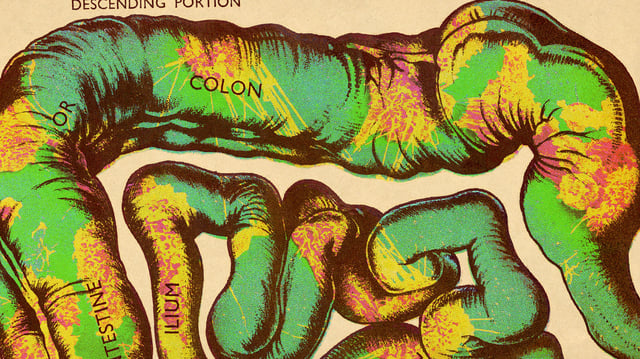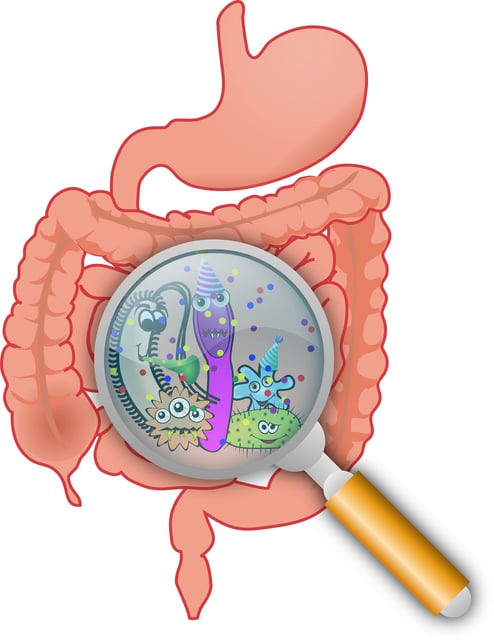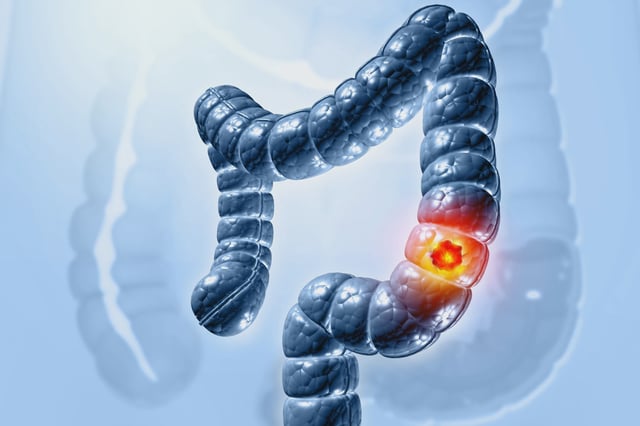Overview
- Colorectal cancer rates among people under 50 have doubled every decade for the past 20 years and could become the leading cause of cancer deaths in young adults by 2030.
- A global study of 981 colorectal cancer genomes found colibactin-related mutations were 3.3 times more common in patients diagnosed before age 40 than those over 70.
- Colibactin, produced by certain strains of E. coli, leaves a mutational signature in DNA, with damage often occurring in childhood, potentially as early as age 10.
- Researchers are uncertain how children are exposed to colibactin-producing bacteria, prompting calls for further investigation into environmental, dietary, and microbial factors.
- Efforts are underway to develop stool-based diagnostic tests and adjust screening guidelines, but funding cuts threaten critical follow-up research.



